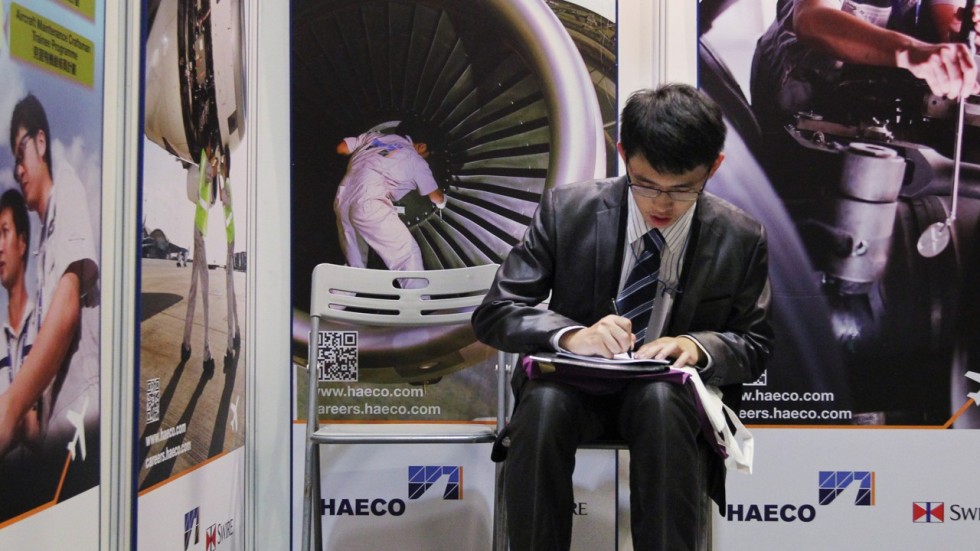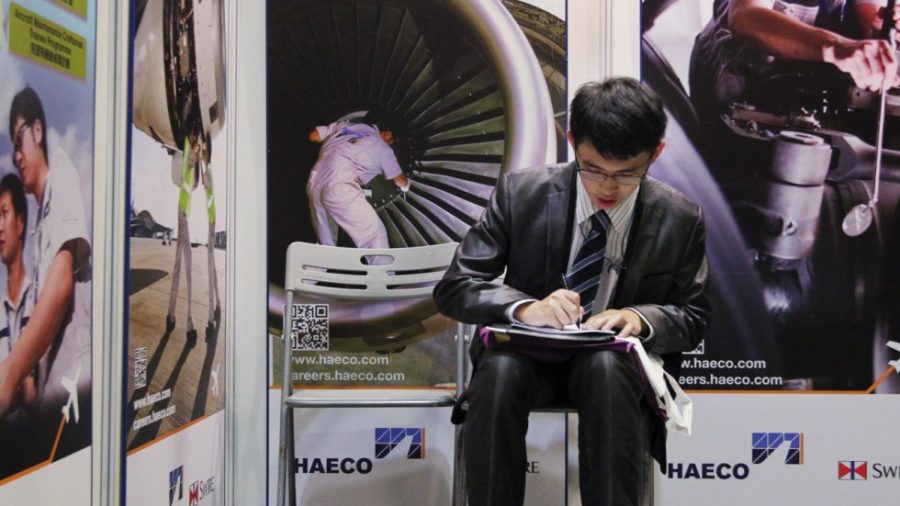Beijing announced on Friday it would abolish a work permit requirement for employees from Hong Kong, Macau and Taiwan.
The change means workers from those three locations no longer need additional documentation to take up jobs on the mainland.
Companies can also escape the tedious application procedures. Previously, they would have to help employees submit up to 10 items of paperwork to get a work permit from a municipal human resources department.
The permits were not portable and employees would need a new one each time they switched jobs or cities.
According to South China Morning Post, Hong Kong human resource experts and politicians welcomed the announcement by the State Council, China’s cabinet, but described it as “symbolic”.
For example, unlike mainlanders, they have to pay full prices for medical services in public hospitals before seeking reimbursement from social security insurance, if it is provided by their employers.
In a brief statement on Friday, the State Council said: “Following the abolishment, the Ministry of Human Resources and Social Security will introduce supporting measures to further facilitate Hong Kong and Macau residents to work and start a business on the mainland.”
Last year, during his visit to Hong Kong to celebrate the 20th anniversary of the Hong Kong return to Chinese rule, President Xi Jinping pledged to provide more convenience and opportunities for Hong Kong people studying, working and living on the mainland.
The work permit system, in place since 2004, is similar to the working visa for foreigners in Hong Kong. Mainland firms must prove that the Hong Kong, Macau or Taiwan residents they want to hire are uniquely qualified and that the positions they are hiring them for cannot be filled by a local, despite the job being advertised for at least three weeks.






